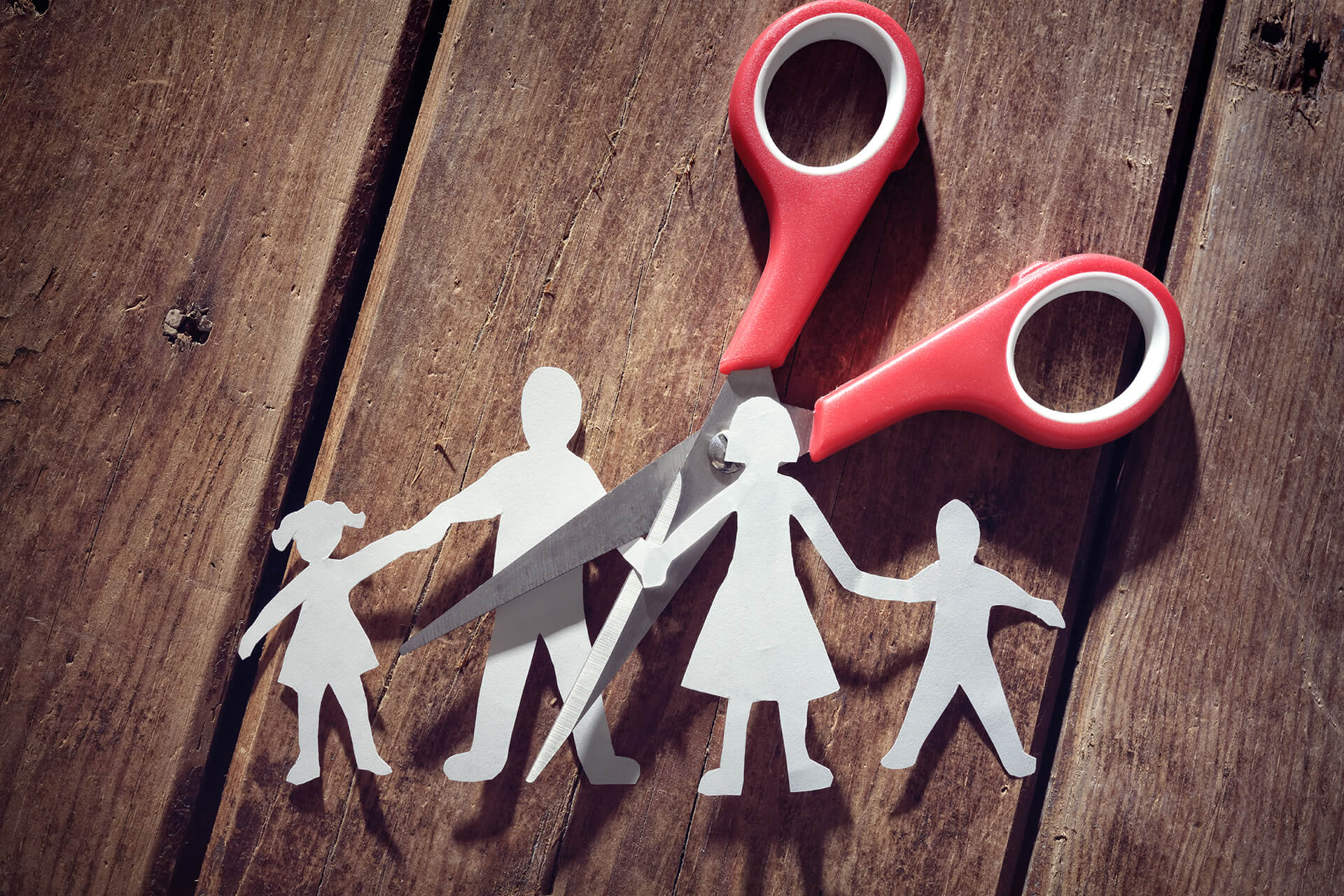
Behavioral Counseling in Divorce Recovery
Healing Hearts and Restoring Lives
Divorce recovery: for individuals at the end of a marriage it can be a time for rediscovery. Let’s navigate this challenging terrain, seeking closure, understanding, and renewal.
Divorce is a deeply personal and emotionally challenging journey that millions of individuals navigate every year. The decision to end a marriage can be accompanied by a rollercoaster of emotions, ranging from grief and anger to confusion and sadness. In this challenging period, behavioral counseling emerges as a crucial lifeline for those grappling with the aftermath of divorce. This comprehensive guide explores the role of behavioral counseling in divorce recovery, offering insights, strategies, and expert advice to help individuals and families cope with the emotional upheaval of divorce.
Understanding the Impact of Divorce
Divorce is not just a legal process; it’s a life-altering event that can impact every facet of a person’s life. Emotions often run high during this period, and individuals may experience a wide range of reactions, including:
Grief and Loss
Divorce often involves the loss of a significant relationship, leading to feelings of grief and mourning. People may mourn not only the loss of their partner but also the dreams, plans, and shared experiences.
Anxiety and Depression
The uncertainty of the future, financial worries, and the fear of being alone can contribute to anxiety and depression. These mental health issues are common among individuals going through divorce.
Anger and Resentment
Divorce can give rise to intense feelings of anger and resentment, often directed toward the former spouse. Unresolved conflicts can exacerbate these emotions.
Loneliness and Isolation
The transition from being part of a couple to being single can be lonely and isolating. Individuals may struggle to rebuild their social networks and find a sense of belonging.
Low Self-esteem and Self-worth
The end of a marriage can impact self-esteem and self-worth. People may question their value and their ability to form successful relationships in the future.

The Role of Behavioral Counseling in Divorce Recovery
Behavioral counseling plays a crucial role in helping individuals navigate the emotional challenges of divorce. It offers a structured and supportive environment where individuals can explore their thoughts and feelings, develop coping strategies, and work towards healing and personal growth.

1. Emotional Support
Behavioral counselors are trained to provide emotional support to individuals dealing with the emotional fallout of divorce. They offer a safe space for clients to express their feelings and concerns without judgment. This support can be instrumental in helping individuals process their emotions and begin the healing process.
2. Coping Strategies
Divorce often triggers intense emotions that can be overwhelming. Behavioral counseling equips individuals with practical coping strategies to manage these emotions. This may include techniques such as mindfulness, relaxation exercises, and cognitive-behavioral strategies to challenge negative thought patterns.
3. Communication Skills
In many cases, divorce is accompanied by communication breakdowns and conflicts. Behavioral counseling can help individuals improve their communication skills, not only for their own emotional well-being but also for co-parenting or navigating other post-divorce relationships.
4. Conflict Resolution
Counselors can assist going through divorce in finding constructive ways to resolve conflicts and make decisions, particularly when children are involved.
5. Parenting Support
Divorce can be especially challenging for children. Behavioral counseling offers parents guidance on how to support their children during this transition, fostering healthy coping mechanisms and maintaining open lines of communication.
The Process of Behavioral Counseling in Divorce Recovery
Behavioral counseling in the context of divorce treatment typically involves a series of structured sessions. Here’s a breakdown of the process:
Benefits of Behavioral Counseling in Divorce Recovery
Behavioral counseling offers a multitude of benefits for individuals facing divorce:
Conclusion
Divorce is undeniably one of life’s most challenging experiences, but with the right support, individuals and families can emerge from it stronger and more resilient. Behavioral counseling, led by Marcy Thompson, LCSW, at Clear Mind Behavioral, plays a pivotal role in this journey. It provides emotional support, imparts essential coping strategies, and helps individuals rebuild their lives. Whether you are currently navigating the complexities of divorce or supporting someone in that situation, remember that there is hope, healing, and professional guidance available through behavioral counseling. It is a potent tool that can illuminate the path to a brighter and happier future after divorce.

